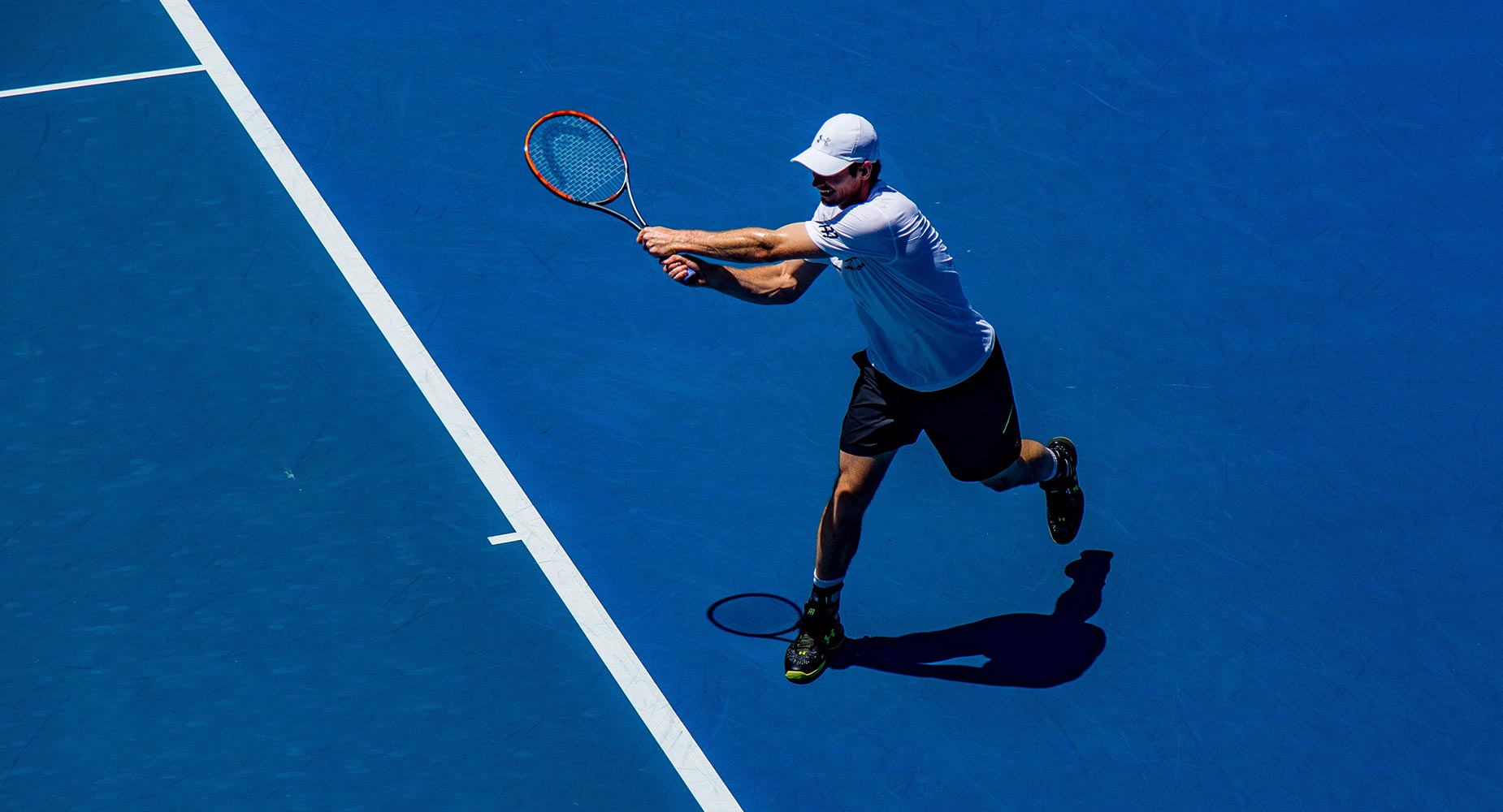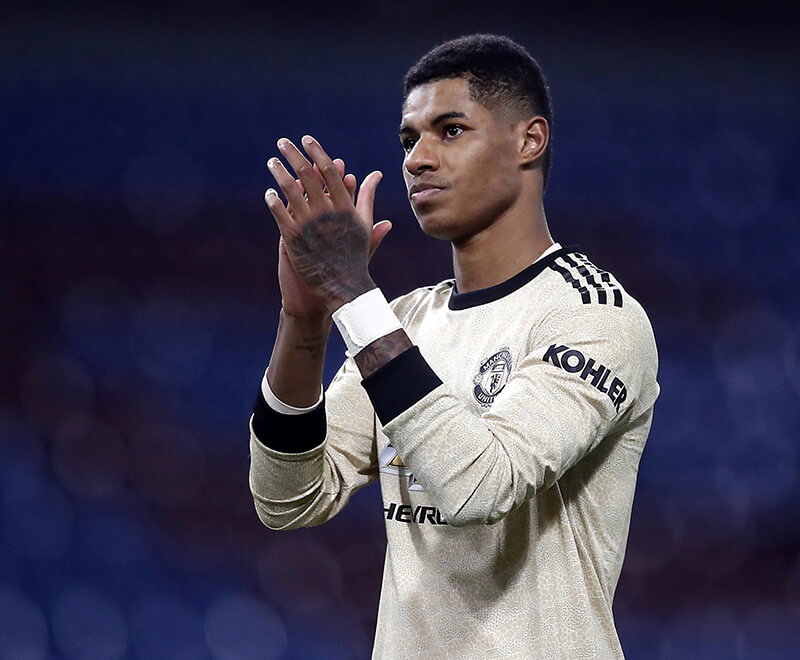As the tournament during which he may have played his last match draws to a close, Leonie Martin reflects on how Andy Murray evolved his public persona from media-shy misanthrope to multiple BBC Sports Personality of the Year winner.
Will he, won’t he? Boris Becker has this week urged Andy Murray to abandon retirement plans and push on with hip surgery in the hopes the former world number one can get back to his best, however such a U-turn seems unlikely.
The announcement of his impending exit from the game has devastated sports fans worldwide, including in Australia where the Open concludes later this week.
Players, spectators, the media and those who admire his support for issues such as equal prize money for female players know his withdrawal from tennis is a monumental loss. But tennis fans – including myself – have not always felt this way about Sir Andy Murray.
First serve
Let’s rewind 7 years. Andy Murray had earned himself an unfortunate reputation for being one of the grumpiest men in sport and was once described by television presenter Gabby Logan as “the moodiest most miserable b*****d” that she’d ever met. “Rude”, “deadpan”, “a brat” – all words that were regularly used by the media to describe the Scot’s manner, both on and off the court.
Murray has since said that he was never as grumpy as the world thought and that this perceived image was down to him being “defensive” around the media. According to Andy, it was difficult as a teenager reading constant articles of people saying “he’s so grumpy” or, “he hates the English”, or “his hair is rubbish” and so as a result, he grew distrust towards journalists.
A terrible call
Of course, Murray’s comments in 2006 about supporting “anyone but England” in the football World Cup hadn’t done him any favours and after tweeting “let’s do this” just hours before polls opened during the Scottish referendum, the Scot received a barrage of abuse online with users pointing out he had been competing for Great Britain for over 16 years. He later apologised for the tweet.
The turning point
The turning point came at Wimbledon in 2012 when he lost to Roger Federer in an iconic final. When asked to reflect on the match in the post-match interview, Murray said “I’m going to try, but it won’t be easy” through his tears. The world was taken aback by an uncharacteristically emotional Andy and it was clear how much it meant for him to compete and win. By the following year – and after successes at the US Open, Wimbledon and the Davis Cup – Murray had won over the hearts of the British public, and media.
The new-found confidence which came with better treatment from the media allowed Murray freedom to express his personality and dry, sarcastic wit (once taken as unpleasantness) making it impossible from there on out not love the Scotsman.
His Twitter and Instagram channels have provided the main stage (or centre court) for Murray’s self-deprecation, quirkiness and odd sense of humour, which has taken him from Middle England’s enemy number one to two-time winner of the BBC Sports Personality of the Year award.
He plays up to his reputation of being emotionless with tweets like this in which a picture of a straight-faced Andy wearing a Christmas jumper appears alongside the caption “chuffed to bits”, or in this infamous video when Andy replied “with my fingers” when asked by a journalist how he eats his strawberries (the obvious options being with cream or sugar).
Creating a racquet
Putting aside his sporting achievements, and his uniquely dry sense of humour, it is his genuine willingness to speak out about difficult subjects and defend his peers which he may go down in history for. He has used his sporting status to speak out on several social issues, including equality and “casual sexism”, often correcting inaccurate comments during press conferences and online.
In 2016, Murray also entered into the debate with Novak Djokovic on equal prize money in tennis with his typical good humour. Further establishing his legacy as a champion for women’s rights, he also famously hired former women’s world no.1 Amelie Mauresmo as his coach in 2014 and vowed to tackle sexism in tennis after a fellow player compared the relationship to working with a dog.
It might have taken until the fifth set, but Murray’s contagious passion for the sport, endearing self-deprecation, cutting wit and commitment to noble issues have grown him closer to all of us; cementing his legacy as one of Britain’s greatest ever athletes, and most unique communicators.




